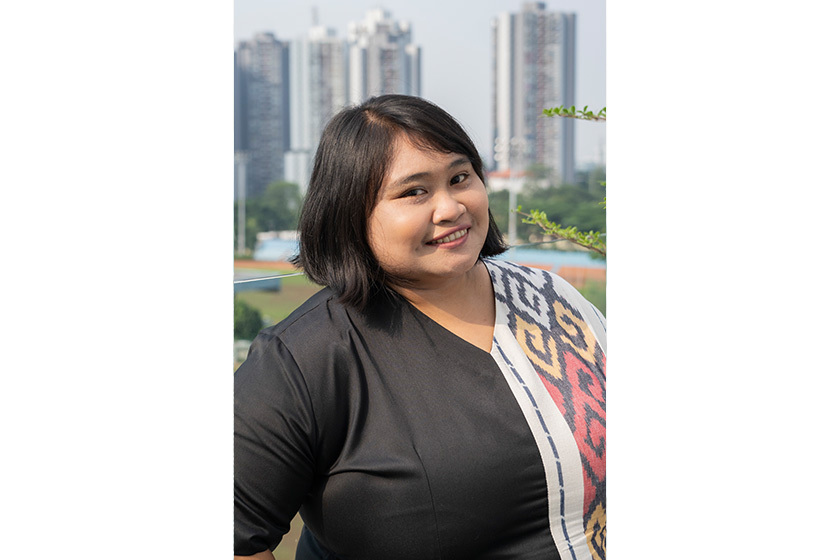11 February 2025
Join our Australian Alumni Grant Info Session!
Are you an Australian alumnus or Australia Awards in Indonesia scholar who want to strengthen your A... Read more
The Australia Awards are prestigious, transformational scholarships and short courses offered to emerging leaders for study, research and professional development in Australia

09 November 2022
 Empowering Rural Women through the Management of Local Food and Maritime Produce to Overcome Malnutrition and Stunting in a Seacoast Community of Kupang District, Indonesia
Empowering Rural Women through the Management of Local Food and Maritime Produce to Overcome Malnutrition and Stunting in a Seacoast Community of Kupang District, Indonesia
Project leader: Prisca Deviani Pakan
Level of education and university: Master, University of New England
Collaborating Organisations: Tablolong Village Local Government, Kupang District
Project Location: Desa Tablolong, Kecamatan Kupang Barat, Kabupaten Kupang, Nusa Tenggara Timur
Activity Type: Capacity building, mentoring or coaching
Sector: Health Management, Health Services, Maternal and Child Health, Public Health, Education and Training, Human Resource Development
Project Rationale:
East Nusa Tenggara Province is in the top three locations with the highest stunting rate in Indonesia. Data from the 2021 nutritional status survey conducted by the Indonesian Ministry of Health shows that Kupang District has a prevalence of malnutrition and stunting above the national average, which means that this problem has occurred chronically. Tablolong Village itself is known to have 20 children with poor nutritional status and three with stunting. The current malnutrition and stunting management program consists of implementing specific and sensitive nutritional interventions that are still not integrated, from planning to evaluation. This has occured due to the limited capacity of program organisers and the availability, quality, and utilisation of data to develop policies. The Large-Scale Social Restriction (PSBB) policy that has been implemented over the past two years has also caused a decrease in household incomes, impacting the ability to provide nutritious food to children.
The handling of malnutrition and stunting in rural areas must be more comprehensive, considering that in Indonesian socio-culture, mothers have a significant role in parenting children, from providing food and clothing to education. Ultimately, the mother's parenting pattern will shape the children's intelligence, character, and life abilities. These children are the next generation of our nation. This project proposes action to optimise resources and capabilities in a tiered manner, starting from the household to improve the nutritional status of children. An approach with long-term implications is needed, which can change the mindset in the family about the importance of nutritional status and its influence on children's growth and development. Therefore, the residents of Tablolong Village do not only hope for specific nutritional interventions the government provides but can also strive and optimise their abilities and resources, such as Moringa oleifera and seaweed. In my observation, after over three decades of living in Kupang, Moringa oleifera is used as a vegetable but is not yet processed into other foods. In addition, Moringa oleifera is not eaten by children and is only consumed by the elderly. The same is the case with seaweed, a superior commodity that is sold, but has not been used in daily consumption.
The project will help moringa and seaweed to become foods with high nutritional value, which can be done continuously. This project is critical because it can provide skills and knowledge, especially to the Tablolong Village Women's Group. After all, living in the rural area limits their access to crucial information and any nutritional intervention or assistance. Thus, these rural women are empowered to become the leaders in their households, ensuring the availability of food with high nutritional value that is affordable and easy to access, in order to overcome malnutrition and stunting in Tablolong Village. Ultimately, the project will help reduce the number of malnourished children and stunted children in Tablolong Village from 20 and three, respectively.
Project Beneficiaries:
Priority Development Area:
Health Security
Link with Australian organisation:
Not available
Share this project on:
 Related Project Profiles
Related Project Profiles
This website uses cookies to improve your website experience. We may also use cookies to analyse website data so that we can improve our online services. To find out more visit our privacy policy.
